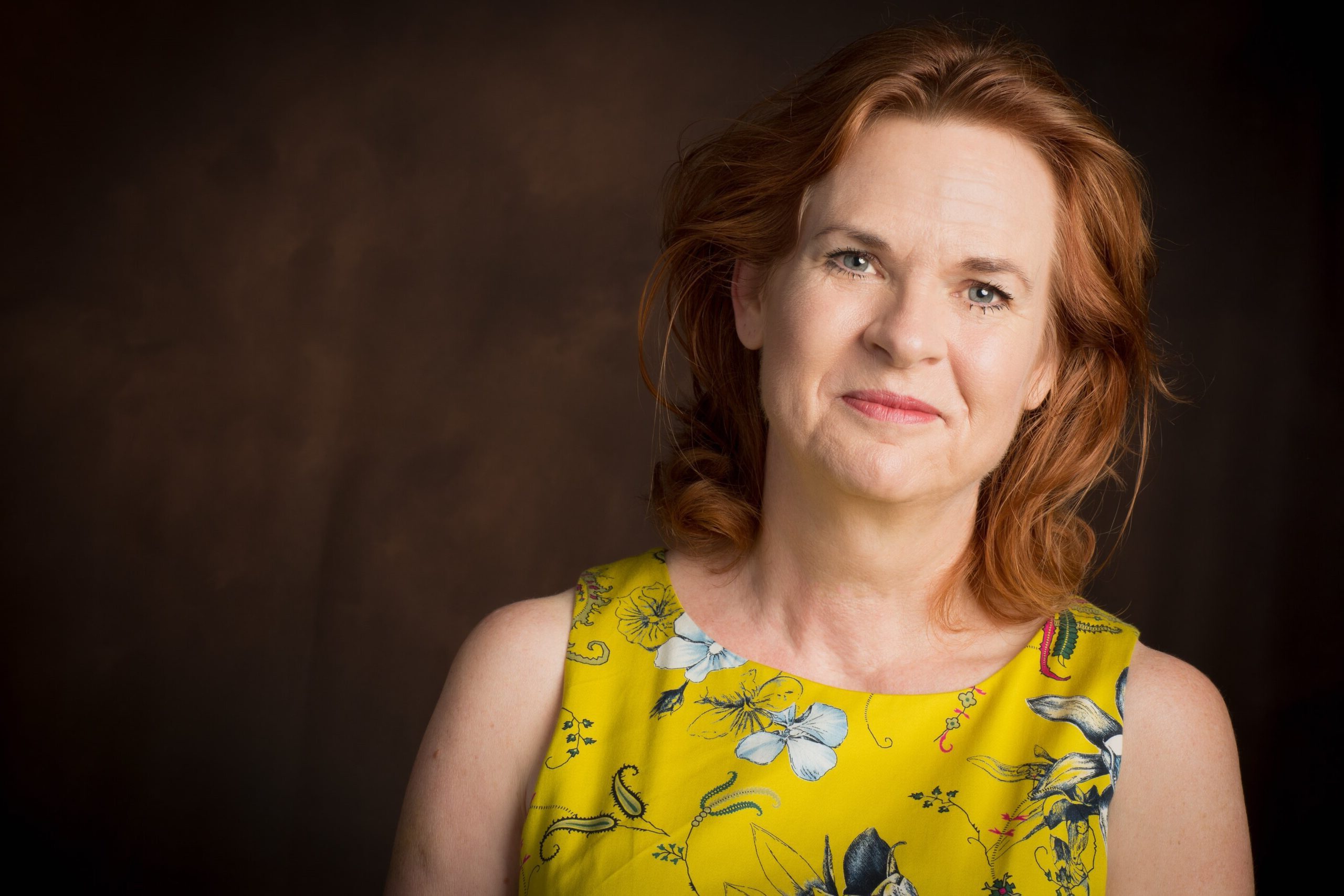Contrary to popular belief – Confidence is not an emotion.
Confidence is a skill. Like any skill, it takes time and practice to improve…. BUT some people are working on the wrong set of skills
Let’s define it clearly. Confidence is the skill of predicting, with reasonable accuracy, the outcome of your actions. Note the words ‘reasonable accuracy’.
This means you can make mistakes – you don’t have to prepare for every contingency. HOWEVER… You have to decide if you are going to practice being positively or negatively confident. Too many people are trapped by rehearsing negative confidence! Confidently predicting they can’t succeed at things they really want, feeling trapped and unhappy with themselves and with their relationships.
Confidence is not so much how you feel but how you think about a problem or challenge.
I learnt this concept a long time ago, strangely at a time management workshop. Learning about what confidence really is – well, that changed everything for me! (However, I continue to struggle with time).
Once you get your head (and heart) around this, a lot of life’s challenges fall into place. So, let’s drill down a bit.
The difference between Positive and Negative Confidence!
Positive Confidence – that’s when you say to yourself, “If I do this and this, I can be reasonably sure that things will work out well and the way I hoped.” This equals success-based thinking. You might feel nervous, tense, may have a few worries, however, you have a plan to move forward that has some reasonable evidence that it works well.
Negative Confidence – now that’s the trap! That’s when you say to yourself, “If I do this and this, I can be reasonably sure that things won’t work out, I’ll fail (again), just as I predicted.” You feel anxious, worry and worry again; predicting every mistake, every judgement, every other person’s thoughts about you and your actions. You have a plan that does not work, and you’re probably can use it again. Sound familiar?
I used to think that confidence was feeling cool and sort of, well, unemotional. Like an actor in a movie scene, I had my script worked out. And let’s face it – I had other people’s scripts worked out too. I was either over-planning the situation; or I was rehearsing, and predicting, reasons why things wouldn’t work out. Predicting failure.
Perhaps you rehearsed those movie scenes too, over and over again. You can see all the steps that predict your mistakes, your failure, and potential embarrassment. You’re reasonably sure you’ll get it wrong. There’ll be another argument. Yep, there was! This is another reason not to speak up, to stay hidden. So, you kept quiet about something important, and felt worse afterwards. You will definitely be misunderstood. So best not try. You settled for resentment. Or cynicism. You’ve done this before, it didn’t work then and somehow, you’re committed to repeating this same mistake again and again.

The 3 Key steps to Positive Confidence
1. If you’re going to predict the outcome, pay attention to the right evidence
Many people struggle with seeing the evidence of their potential for success. It’s right there, under your nose, but without help, you can’t see it or reliably use it. You may be mistakingly rehearing fear-based predictions and seeing unreliable evidence that confirms those defeated feelings, when, with some guidance, you can shift your gaze and see a whole new perspective.
2. In stressful situations, what are your triggers?
These could become your assets! Knowing your triggers and vulnerabilities turns a sense of being on guard and defensive – which never works out well – into assets you can use to enhance your confidence. Sounds crazy – but it’s true. If you know how to use your vulnerabilities to increase your empathy and insight into other’s struggles, you will not not feel so isolated because you now can share a deeper understanding. As well, you will be able to create richer relationships by choosing how to respond with generosity, rather than react and be misinterpreted again.
3. Is it a Green Light or a Red Light?
First impressions, that small voice that whispers in your ear, that uncomfortable gut feeling – the short moment you say to yourself-hold on that’s not quite right. How do you interpret those message when your learned habits are so strongly developed? Often, we have earlier experiences with difficult, chaotic, abusive or narcissistic people, and have learnt to read the wrong cues. Because it’s hard to read other people accurately, we re-create unhappy relationships. Learning how to turn down the noise on that often insistent, immediate attraction that so often leads to an unhappy outcome, will help you see other options, happier relationships and greater self confidence.
Negative beliefs and critical self-talk will hold you back and block your efforts to forge ahead. Constructive, positive and practical thinking will help you to overcome challenges and move forward.
Be more comfortable with who you really are!
www.elizabethwilliamsonsolutions.com
Stories of conflict make the world go around. In the arc of every love song and great drama is conflict, and possibly a positive resolution, and always the opportunity for creative change.

Elizabeth Williamson is a conflict resolution expert with over 30 years’ experience as a counsellor, coach, consultant and trainer. She is an accredited mediator who has facilitated the successful resolution of complex workplace conflicts in large corporations, finance industry, government, SMEs and NGOs. She has extensive experience in conflict resolution skills coaching for managers and business leaders. Elizabeth regularly writes, speaks and presents about conflict resolutions skills.
As Founder and Principal of Elizabeth Williamson Solutions she is passionate about teaching how to creating value from difficult conflicts and leading a cultural change about positive conflict management in our workplaces, families and all relationships. Elizabeth Williamson Solutions provides a range of services including coaching and training in conflict resolution and holding ground with difficult people, and independent mediation to resolve complicated conflicts. Elizabeth is an experienced couples and family therapist, committed to helping our most important relationships thrive and create a more peace-filled community, in every conversation we have.


